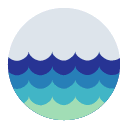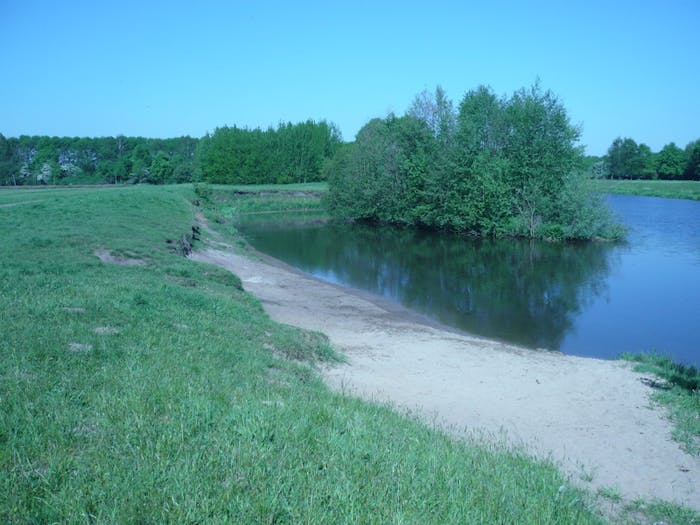
Security, Recreation, Nature Conservation and Enjoyment Through Tailor-Made Solutions
Rijn and Ijssel Water Board
Ten years after the first meeting, Marke Mallem is a special nature area with walking and cycling routes and information on the landscape’s history.
Responsibility for the management of the area is with the Marke Mallem board, implementation is done together with partners such as farmers who own land in the area, nature associations and even a local shepherd. The special form of management makes custom-made solutions possible. For example, residents of a new housing estate were very keen to have a better view of the river. This was possible only with a more intensive form of management. The water board, which has 3,000 kilometres of waterways to manage, would not be able to arrange this separately for a single area. The Marke Mallem management board sat around the table with residents and a more intensive form of management was agreed on condition that the residents themselves would help.
Everyone is happy.
The comprehensive discussions at the start of the project are still reaping benefits today. When it appeared that Berkelland council’s budget for culture and recreation had some cash available, the parties involved with the Marke Mallem checked in their charrette book for ideas for which in the past there had been no money. In this way an extra footpath was laid which protected ecological zones and so-called ‘Marke stones’ were laid to explain the historical background of various spots. For example there is a stone by the Mallem mill which is surrounded by the Marke area. This has been a special place in Berkelland since the Middle Ages. The Marke Mallem management board is very aware of its responsibilities for water management and ecology and takes them seriously. But because board members are also residents, their explanation as to why certain ideas are not possible are more easily accepted. After ten years of self-management, the area has developed its own character. Residents from all over Eibergen are proud of this and enjoy the area. And that is infectious: elsewhere in the province, in Lochem, the water board is now working on a request from residents for a similar project.

 06 Clean Water and Sanitation
06 Clean Water and Sanitation